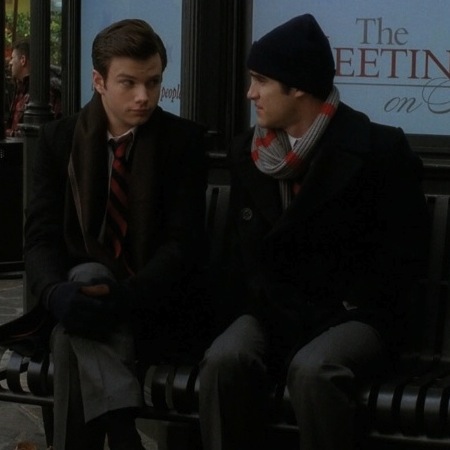If you haven’t read Daniel Mendelsohn’s fantastic piece over on out.com on queer representation in television, I heartily recommend it. Yes, I know, there are more important parts of the gay rights movement than just characters on a TV show, but like it or not, we are a culture that’s become media-focused. It’s still a part of the societal landscape.
Anyway, Mendelsohn’s piece is a really great look at what it was like growing up in an age with no gay media representation beyond mincing stereotypes and coded sexuality, but I will pick out one of my favourite passages, because if there’s one thing that should shut up everyone who complains that characters are/aren’t gay enough, this should be it:
If a gay character was the tiniest bit swishy, people would be up in arms denouncing “gay stereotypes”; if a gay character was “straight-acting,” people would be up in arms denouncing assimilation. Even after the most intense period of gay activism had subsided, the issues remained. For some, Will on Will & Grace was too square, not “gay enough”; but then, perhaps Jack was too gay. The central problem, it seemed to me, was that there can’t ever be an accurate representation of gay people on TV, for the very good reason that there isn’t a monolithic “gay person” to be represented.
YES. Thank you! As much as we hope and pray for one, there’s never going to be some quintessential gay out there who can speak for the communtiy as a whole. The moment we finally drop this whole butch versus femme in-fighting bit that seems to be looming around in the background, the better.

 Why you can trust Xtra
Why you can trust Xtra


